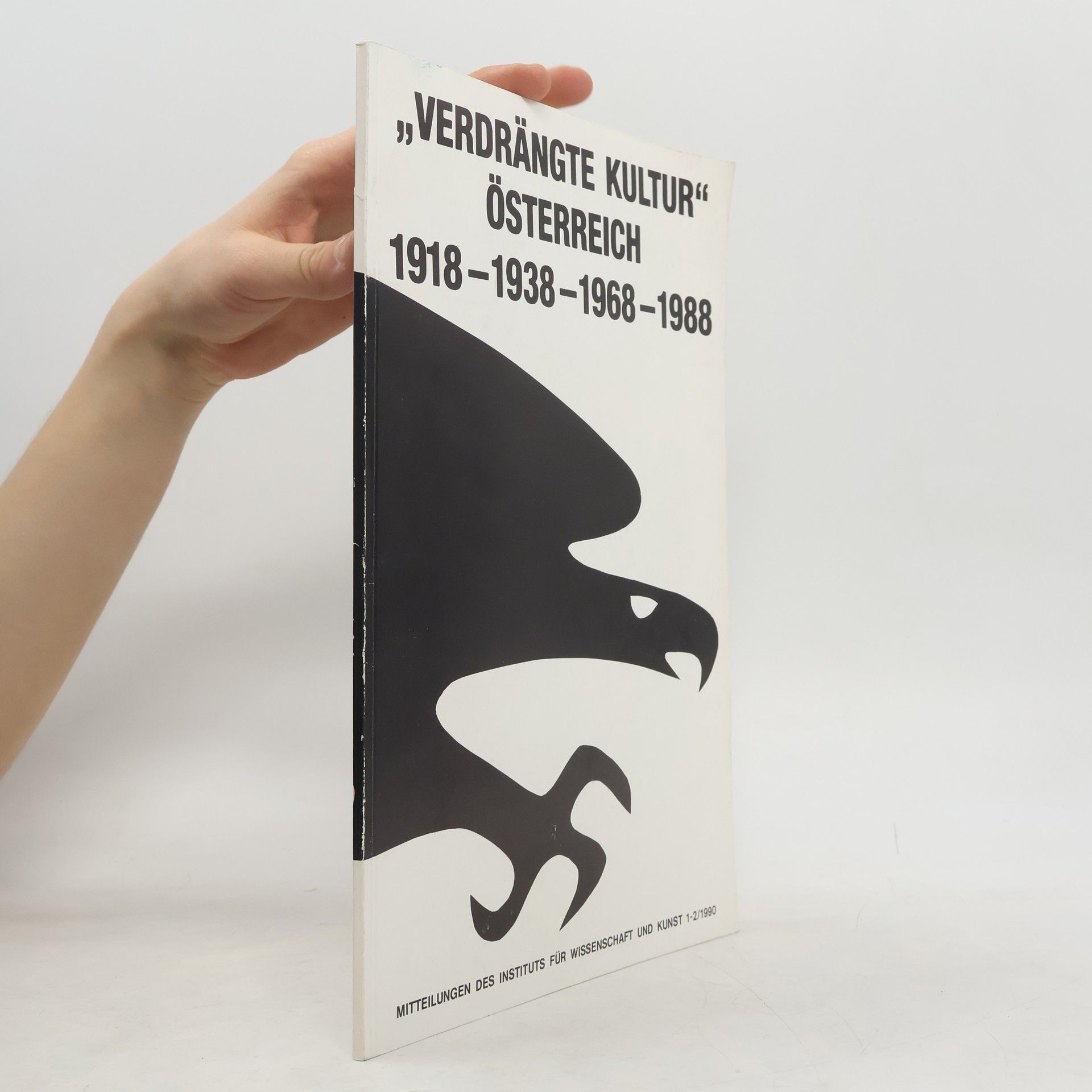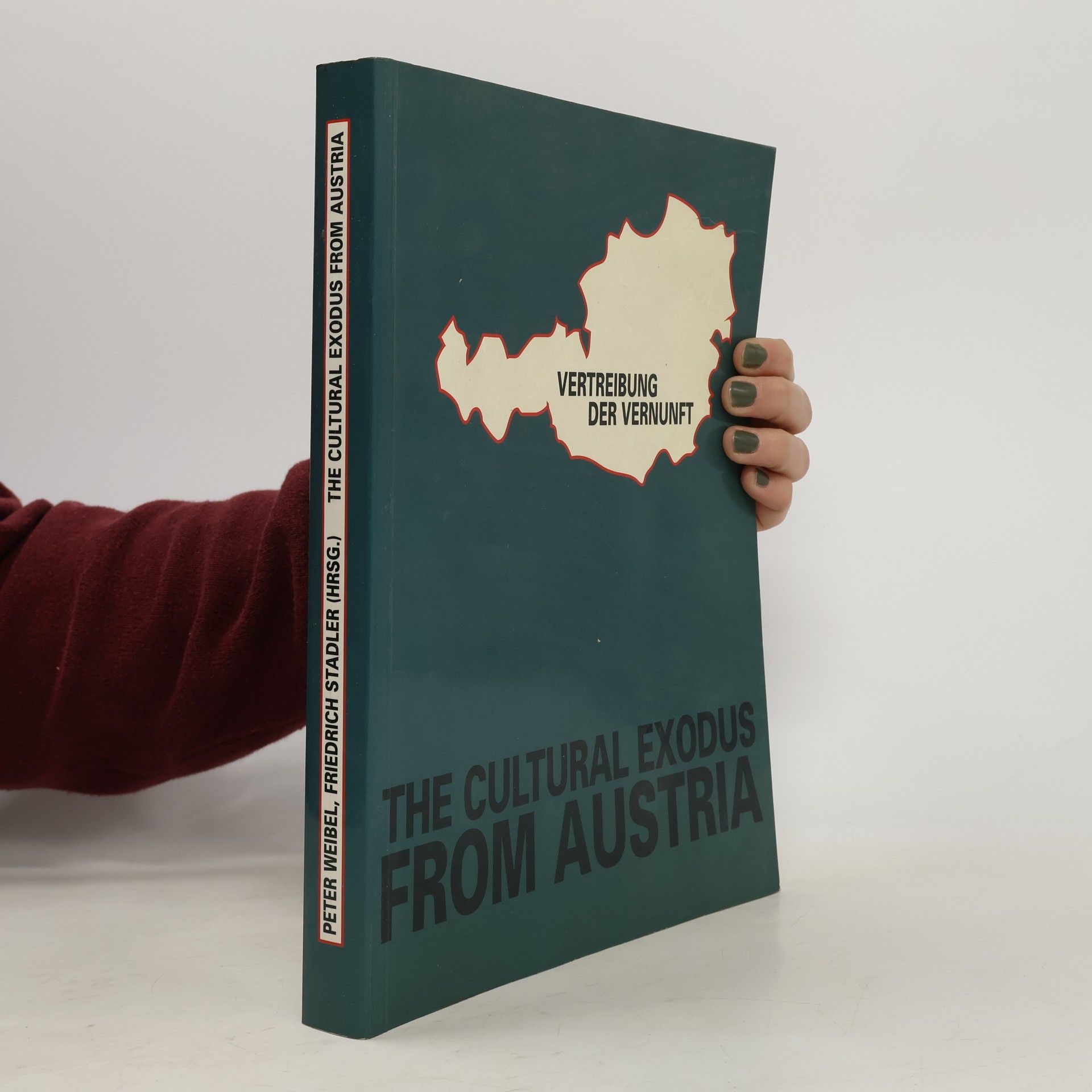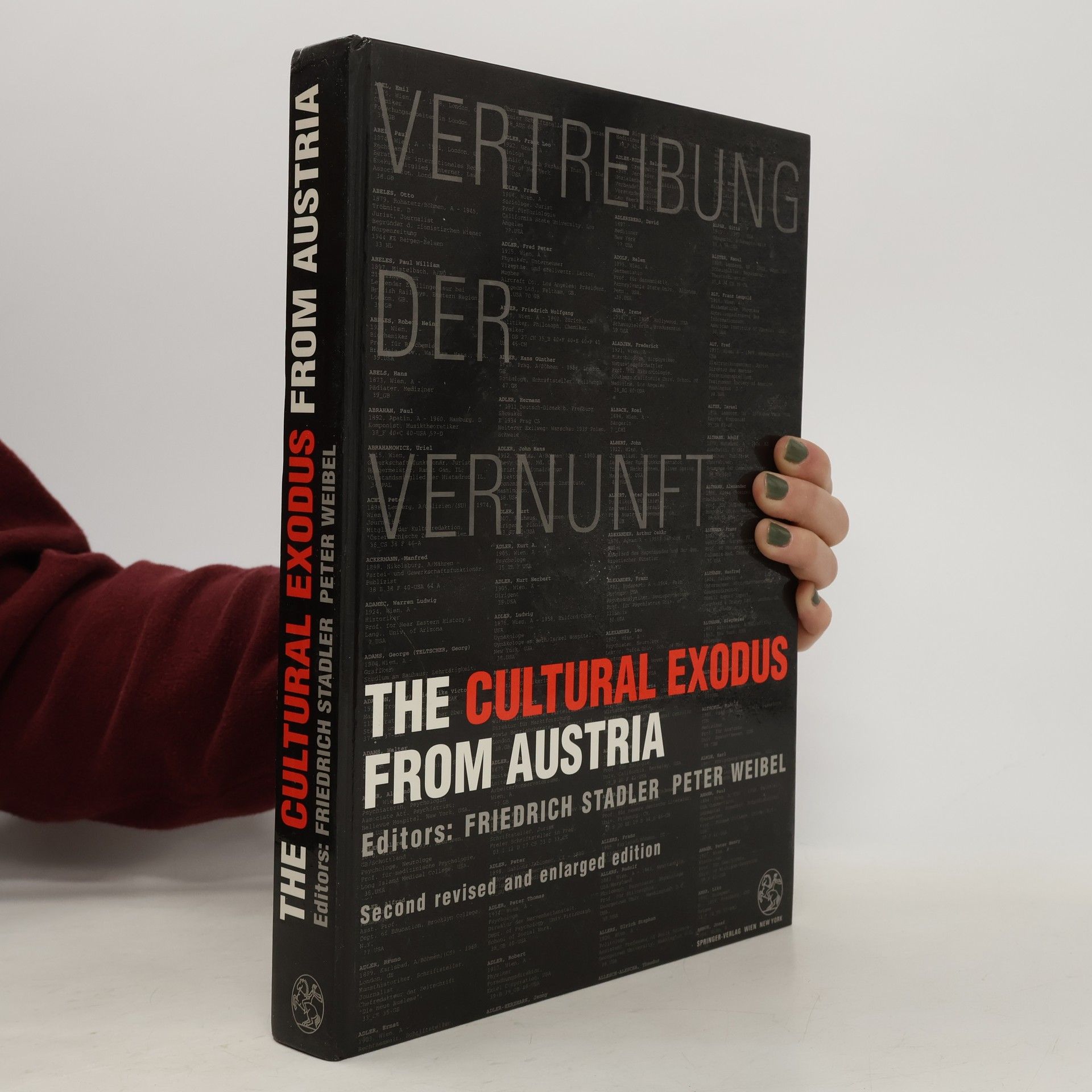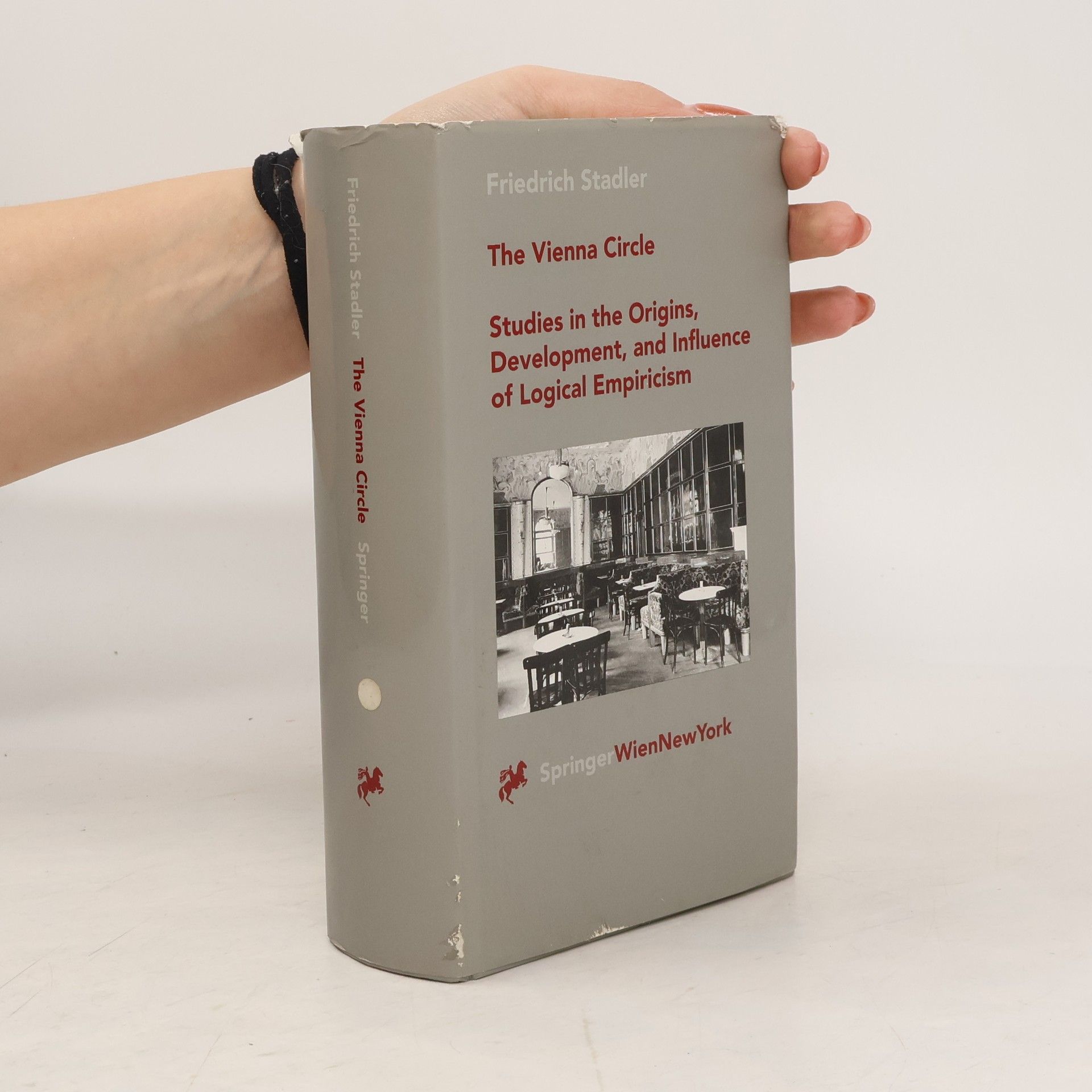The Vienna Circle - Studies in the Origins, Development, and Influence of Logical Empiricism
- 984pages
- 35 heures de lecture
The book provides a comprehensive examination of the Vienna Circle, utilizing newly discovered archival materials to challenge common misconceptions about logical positivism. It explores the historical and cultural context surrounding the emergence of scientific philosophy, focusing on the late Enlightenment and the dynamics within the Schlick Circle. Key figures and their interactions, including Moritz Schlick, Otto Neurath, and Ludwig Wittgenstein, are analyzed. The narrative concludes with the decline of the Vienna Circle and the exodus of its members, supplemented by a bio-bibliographical documentation and an extensive source list.





